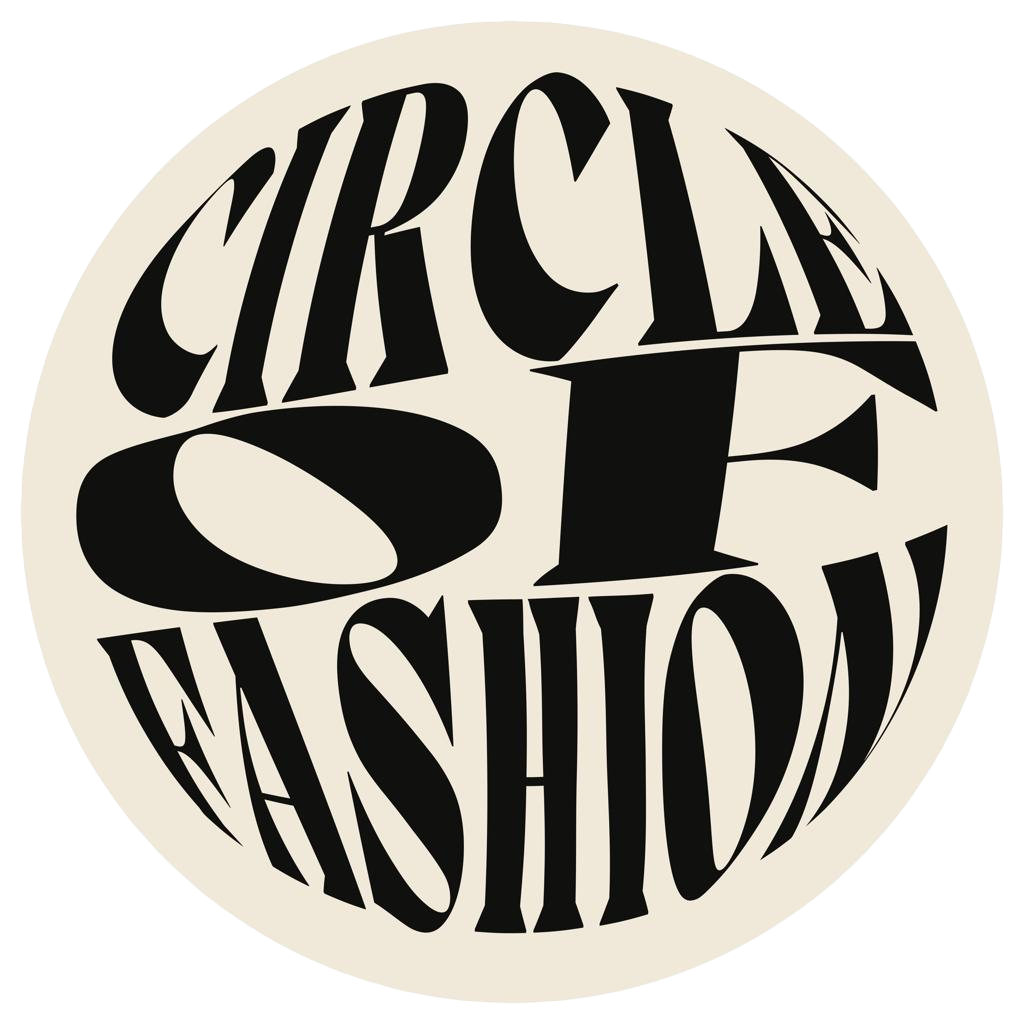Annabelle Aree Lee
Edited by Leah Champagne
We all know her: Matilda Djerf, the 26-year-old Swedish influencer and the cofounder of a popular Scandinavian-style clothing brand Djerf Avenue. Similarly to many others, I was introduced to Matilda during the pandemic when her iconic blown-out hair look went viral on TikTok. However, I came to later know that Matilda and her partner Rasmus Johansson launched Djerf Avenue back in 2019. Today, their brand boasts an impressive revenue of $35 million. Some of Djerf Avenue’s most recognizable items include their robes and pajama sets, both adorned with cute pastel-colored graphics.
Djerf Avenue can be traced back to the days when Matilda began sharing photos from her travels in the Caribbean with her boyfriend on Instagram. She mainly posted bikini and outfit photos. Following her adventures in the Caribbean, she explored Bali and Australia. As her following quickly grew to 100K, she began considering the potential of making it her career. During a podcast with Sequel, Matilda revealed her creativity and passion for fashion and photography. She admitted to never enjoying working under a boss, suggesting that perhaps she manifested her current career path herself. Upon returning to Sweden, rather than returning to her previous job, she decided to try social media full-time.
Following her successful debut on social media, Matilda found herself collaborating with several clothing brands. However, she grew increasingly frustrated with industry practices, particularly the retouching and editing of photos. Matilda felt like they were fooling the customers. So, she and her boyfriend decided to take matters into their own hands, founding their own clothing line where they could adhere to their vision without compromise.
Djerf Avenue sells clothes, as well as accessories, home goods, and swimwear. If I were to choose a word to describe these products, it would be “pretty.” They would be perfect for a Pinterest board of a beautiful summer at a beach house in Europe. Following the success of Djerf Avenue, Matilda has recently expanded the brand to hair products with the launch of Djerf Avenue Beauty.
To be completely honest, however, I’ve never quite grasped Djerf Avenue’s popularity. While their clothes are indeed simple, flirty, and feminine—which are things I adore—I’ve always struggled to justify their price tag. For instance, I would love to wear this tank top to sleep, but at $75, it’s just too expensive for something exclusively for wearing at home. Brandy Melville, and even Aritzia, offer similar options at a much more reasonable price. While simplicity may be the selling point of Djerf Avenue, I find that it could also be its weakest aspect. The designs are almost so basic that I’m compelled to search for alternatives at a better price. Unsurprisingly, am not the only person with this sentiment.
A few months ago, Matilda sparked controversy for allegedly reporting small creators on TikTok who mentioned Djerf Avenue dupes on Amazon, particularly the pajama sets I mentioned earlier in the blog. Many creators’ accounts were banned, even some who did not even promote dupes, but rather offered critiques. This led to small creators and fans publicly voicing their frustration against these actions. The outrage generally seemed to stem from the view that Djerf Avenue’s actions were too extreme considering it was only in regard to dupe products. This led to Matilda deleting her TikTok account and issuing a statement on Instagram.
Regarding the controversy, my opinion is that, while I sincerely hope the small creators regain access to their accounts, it is still wrong to share or purchase dupes. It can be frustrating when trendy clothing pieces are out of our budget, but that does not justify disrespecting the time and effort people have put into designing them. Even for the sake of comparison, we should refrain from purchasing dupes because doing so inadvertently allows them to continue to exist. I do believe that Djerf Avenue could have handled this issue far more effectively. Targeting individual accounts was not the right approach, as they are not the root cause of the problem. Instead, Djerf Avenue should have pursued legal action against the companies that were stealing and producing their designs. While I don’t currently have plans to shop from Djerf Avenue in the foreseeable future, I don’t believe that their “controversy” will or should lead to their downfall. I’m curious to see how the launch of Djerf Avenue Beauty unfolds and what the future holds for this brand.
